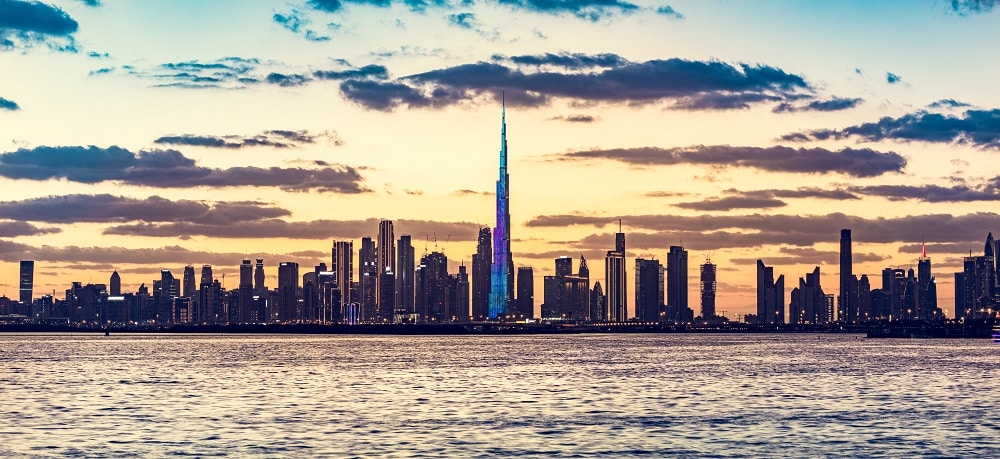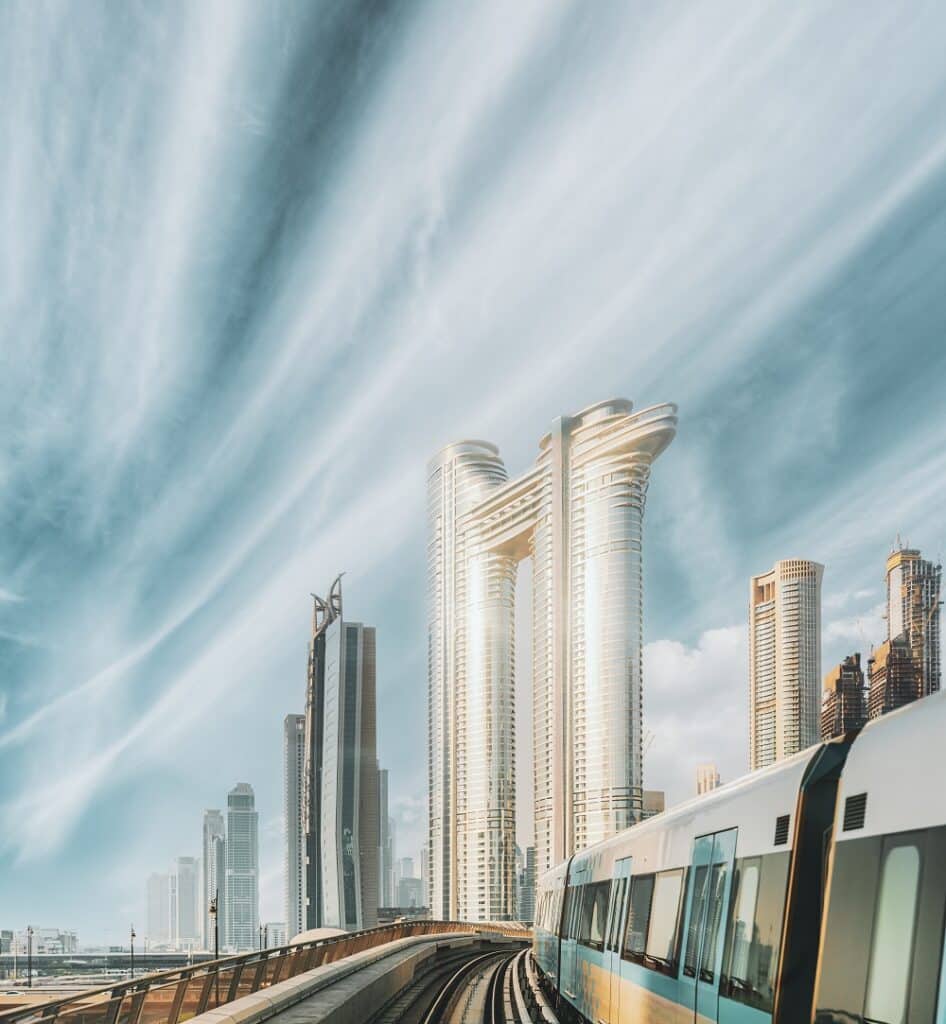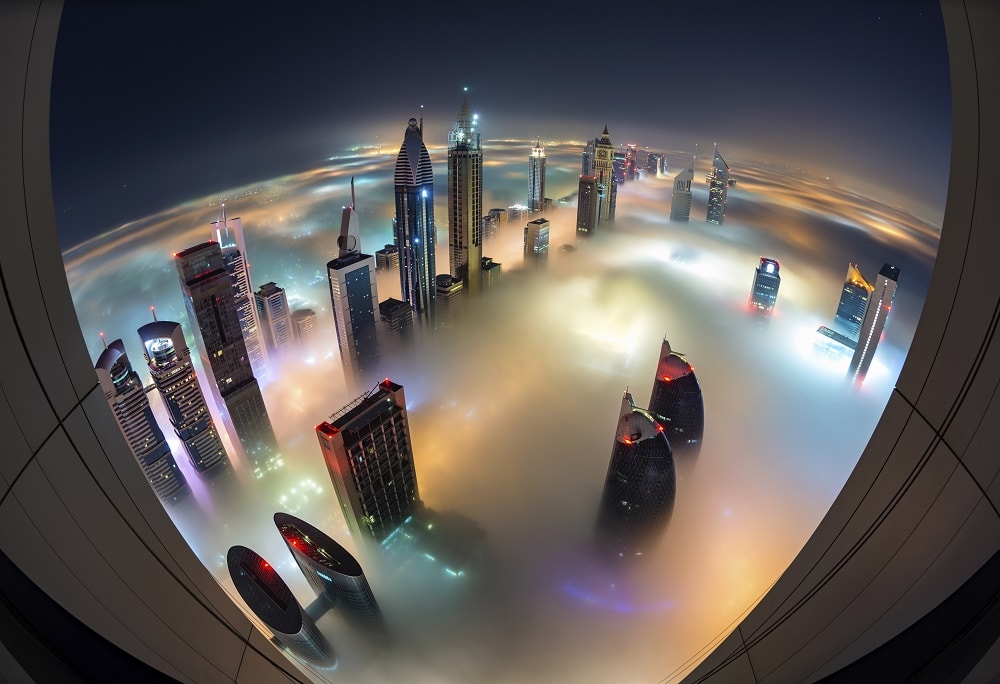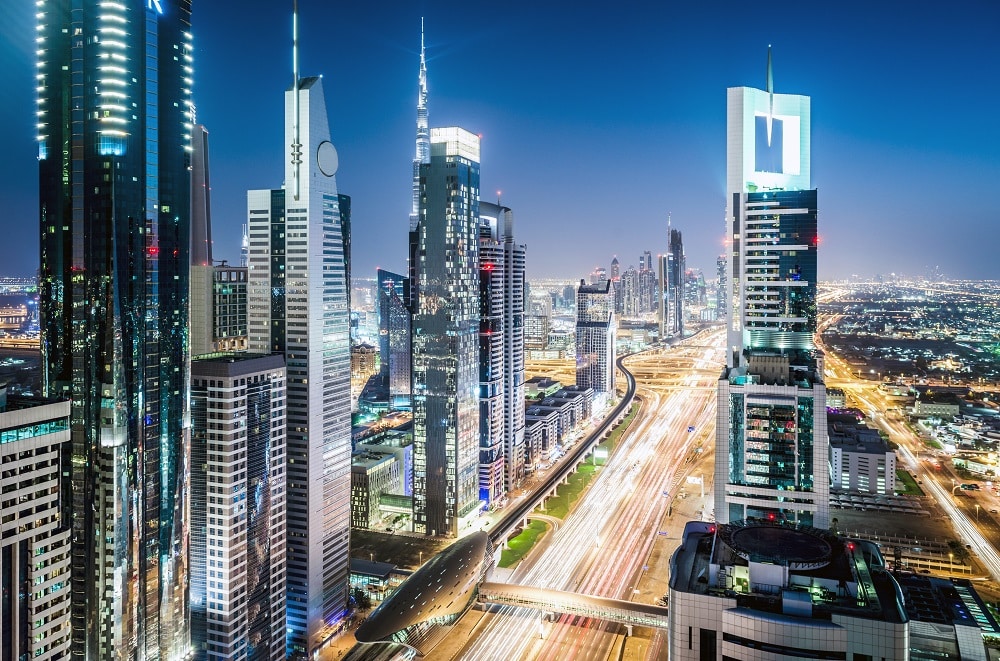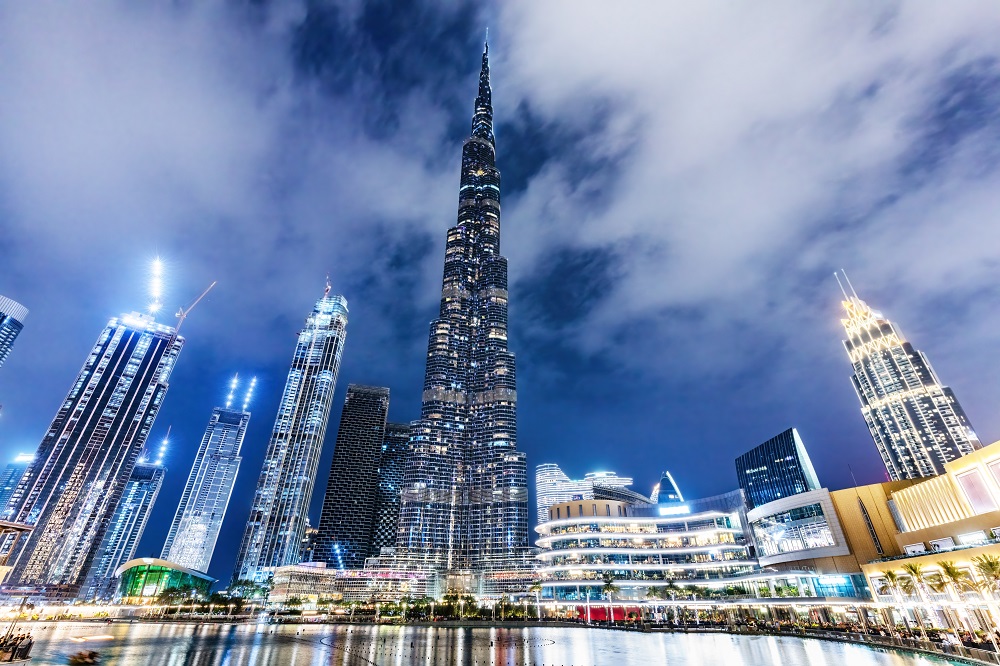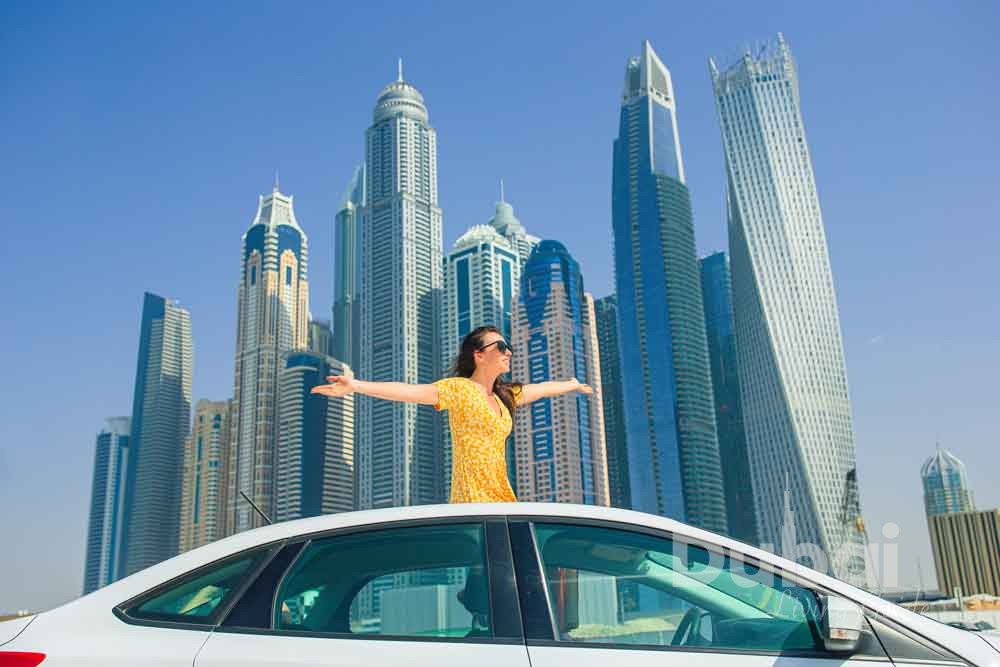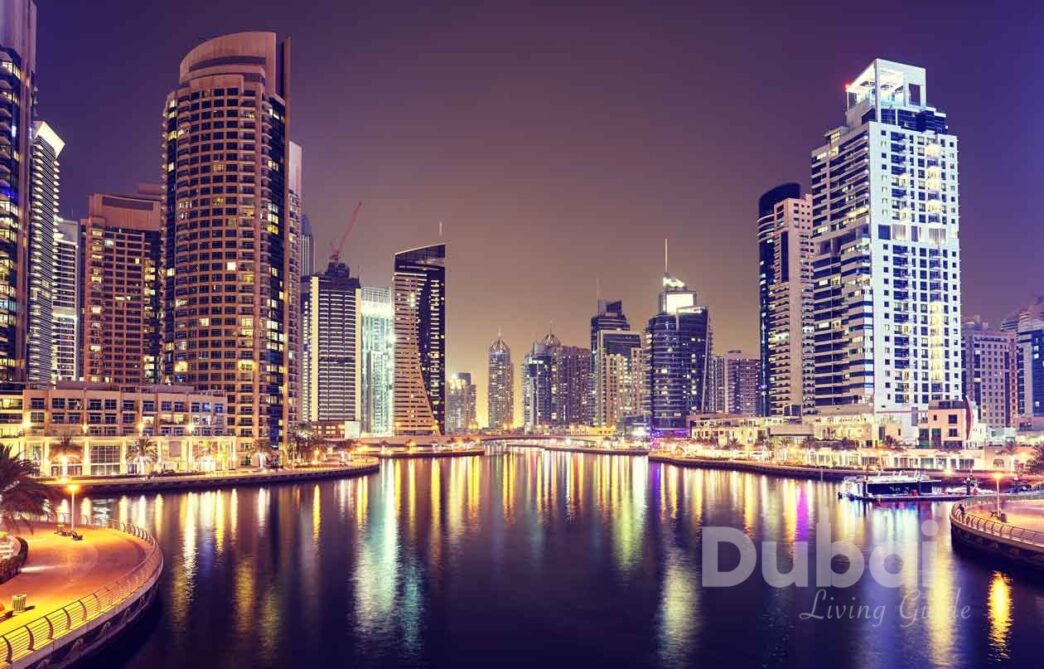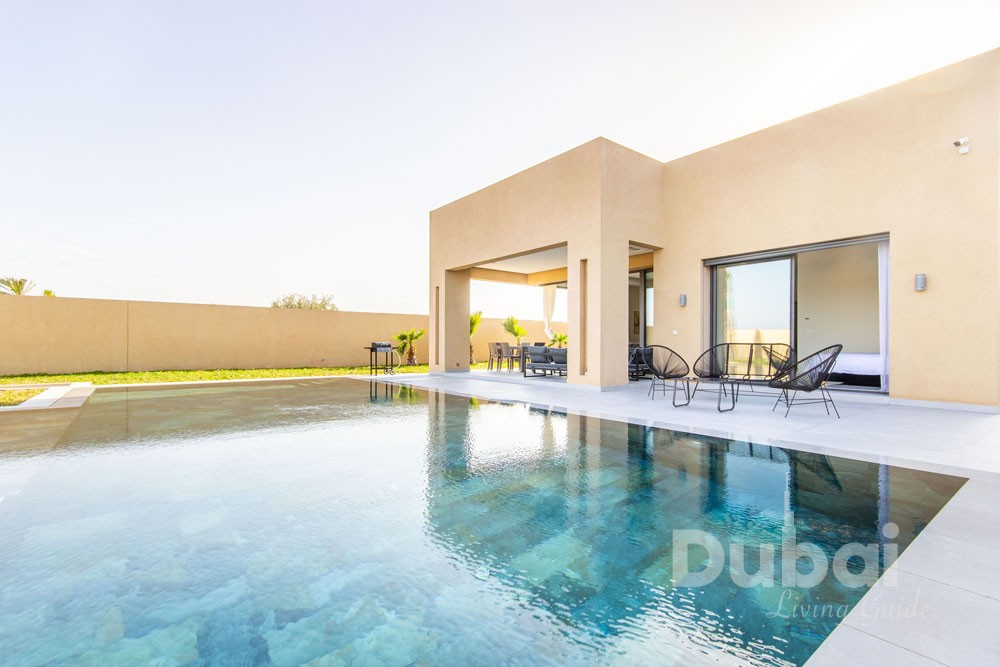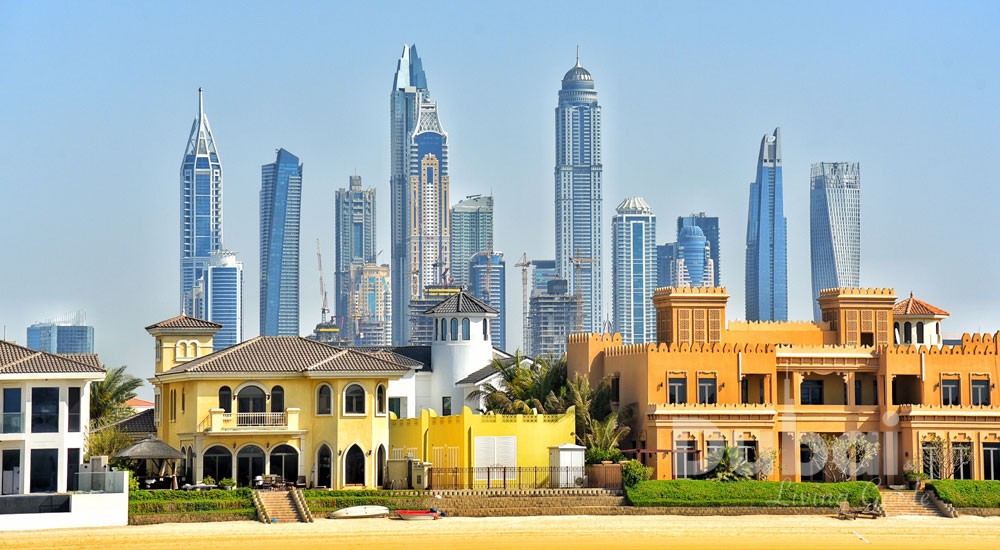💡 Quick Answer: What is Dubai AI City?
Dubai AI City is a planned $10 billion US-UAE partnership creating the world’s largest AI-focused metropolis spanning 8 square kilometers adjacent to Dubai Silicon Oasis. The project features 5 specialized zones including research labs, innovation districts, and a residential “Living Lab” where 40,000 residents will live in AI-integrated environments when completed in 2032.
⏱️ Read Time: 8 minutes | 📊 Key Stats: $10B investment, 5 zones, 200+ AI labs
Ok so here’s the thing about Dubai AI City…. Let me share what I wish everyone knew about this ambitious project that’s about to transform how we think about AI and urban development. When President Trump announced the US-UAE partnership during his recent Dubai visit, I was completely blown away by the scale of what they’re planning.
✍️ Written by Naz
Your Dubai Insider | 4+ Years Living in Dubai
As a proud resident of this bustling city for over 4 years, I’ve devoted my time to exploring Dubai’s vibrant cultural life, different ways of living, and endless possibilities. My experiences enable me to guide you through job searches, housing hunts, commuting, and vehicle purchases in Dubai—and now I’m diving deep into Dubai’s ambitious tech future including game-changing projects like Dubai AI City.
📍 Living in Dubai for 4+ years | 🎯 Helping newcomers navigate Dubai life & tech innovation | 📅 Last Updated: December 2025
The Stunning Announcement That Caught Everyone By Surprise
The entire city was buzzing with excitement about Trump’s announcement that the US and UAE would be partnering to build “the world’s largest AI city” right here in Dubai.
At first, I thought it was just another grandiose plan that would never materialize—Dubai has seen its share of ambitious projects announced with great fanfare. But as more details emerged, it became clear that this was different. The $10 billion initial investment, the impressive roster of tech companies already signing commitments, and the detailed construction timeline all suggested this was very real.
Being a tech journalist, I immediately started reaching out to my contacts for more information. What I learned about the plans for Dubai AI City has convinced me that when completed, it will fundamentally change the global technology landscape.
What exactly WILL Dubai AI City be? The master plan revealed
Dubai AI City isn’t going to be just another tech hub—it’s designed as a purpose-built metropolis dedicated to artificial intelligence research, development, and implementation. The project represents a landmark partnership between the United States and the United Arab Emirates, combining American technological expertise with UAE’s visionary approach to urban development.
According to the official plans, the city will span approximately 8 square kilometers and will be strategically located adjacent to Dubai Silicon Oasis. Construction is scheduled to begin in late 2025, with the first phase expected to be operational by 2028 and complete development projected for 2032.
Unlike many futuristic projects that focus solely on business or research, Dubai AI City is being designed as a fully integrated community where people will live, work, and play in an environment where AI is seamlessly woven into every aspect of daily life. The planners envision a population of around 40,000 residents when fully complete.
What makes the concept unique is its holistic approach. This won’t just be a business district or research park—it will be a testing ground for how AI can enhance human experience at every level, from personal daily activities to global challenges.
⏰ Dubai AI City Development Timeline & Financials
⚡ Quick Note: Timeline subject to change based on construction progress and regulatory approvals. Tbh with Dubai’s track record, they might even finish early lol.
The Five Planned Zones of Dubai AI City (and what each one promises)
According to the master plan released by the joint US-UAE development committee, Dubai AI City will be organized into five distinct zones, each with its own focus and character:
1. The Research Quarter
This will be the intellectual heart of Dubai AI City and is planned to house over 200 AI research laboratories and academic institutions. The architecture is being designed specifically to foster collaboration, with interconnected buildings and abundant communal spaces.
The centerpiece will be the Advanced Machine Learning Institute, a joint venture between MIT, Stanford, and UAE University. According to preliminary research agendas, scientists will focus on developing neural networks capable of emotions and ethical decision-making—potentially revolutionizing how we think about AI’s role in society.
What’s exciting about the plans for the Research Quarter is the commitment to public engagement. Many labs will offer public tours and interactive exhibits, making cutting-edge AI research accessible to visitors and residents alike.
2. The Innovation District
This zone is being designed to bridge the gap between theoretical research and practical application. The Innovation District will house hundreds of startups and established tech companies working to transform AI research into marketable products and services.
Companies that have already committed to establishing operations here include Google DeepMind, OpenAI, and several major pharmaceutical companies interested in using AI for drug discovery. The district will also feature an “AI Venture Zone” with $2 billion in dedicated funding for startups.
One of the most intriguing planned features is the weekly “AI Clash” events where startups will compete to solve real-world problems using their AI solutions. These events will be open to the public and will offer a fascinating glimpse into the cutting edge of AI development.
3. The Living Lab
This residential area is perhaps the most revolutionary aspect of the Dubai AI City concept. Approximately 25,000 people will eventually live in this zone, essentially serving as test subjects for how AI can enhance daily life.
Every apartment in the Living Lab will be equipped with an advanced AI system that learns residents’ preferences and habits to optimize everything from temperature and lighting to grocery orders and entertainment suggestions. The homes will literally adapt to their occupants.
Public spaces in the Living Lab are equally impressive in the planning documents, with parks that will adjust their irrigation based on weather predictions and playground equipment that adapts to children’s play patterns for maximum engagement and safety.
Critics have already raised concerns about privacy in such an environment, but developers promise strict data protection protocols and complete transparency about what information is being collected and how it’s being used.
4. The Commercial Center
This zone will showcase AI applications for consumers. The Commercial Center will feature retailers, restaurants, and entertainment venues all enhanced by artificial intelligence.
Plans include clothing stores using body-scanning technology to recommend perfectly fitting items, restaurants employing AI chefs that can create dishes tailored to nutritional needs and flavor preferences, and an “Immersion Theater” where AI-generated narratives will create unique performances for every audience.
According to the development committee, several major retail brands have already secured space, though specific names haven’t been announced publicly yet.
5. The Global AI Governance Center
The final zone of Dubai AI City addresses one of the most critical aspects of artificial intelligence: ethics and regulation. This area will house international organizations, policy think tanks, and regulatory bodies working to establish frameworks for responsible AI development.
The centerpiece will be the AI Ethics Forum, where experts from around the world will collaborate on establishing global standards for artificial intelligence. The plans also include an AI Ethics Museum that will explore historical and potential future ethical dilemmas posed by artificial intelligence.
📊 Dubai AI City: Complete Zone Breakdown
💡 Note: All zones are interconnected and designed for collaboration across disciplines. Each zone operational between 2028-2032.
The Challenges and Controversies Already Surrounding Dubai AI City
Despite its ambitious vision, Dubai AI City faces significant challenges and has already generated controversy.
Technical feasibility concerns top the list. Some experts question whether the ambitious AI systems described in the plans—particularly those related to emotional intelligence and ethical decision-making—are achievable within the proposed timeframe. The development committee maintains that their timeline is realistic given recent advances in the field and the concentration of expertise the project will attract.
Privacy advocates have raised alarms about the potential for surveillance in an environment where AI systems are constantly collecting data about residents’ behaviors and preferences. The developers have responded with promises of strict data protection protocols, but many remain skeptical.
There’s also the question of accessibility. With luxury apartments in the Living Lab expected to command premium prices, critics argue that this creates a technological divide, with AI advancements benefiting only a privileged few. In response, planners have announced that 20% of residential units will be subsidized for talented individuals from less advantaged backgrounds, but concerns about equity persist.
Environmental impact is another contentious issue. While the city plans to employ advanced sustainability measures, including AI-optimized energy use and waste management, the massive data centers required for its operations will consume enormous amounts of power. Officials claim that 80% of this energy will come from renewable sources, but environmental watchdogs have questioned these projections.
How Dubai AI City Could Reshape Global Tech (if it succeeds)
If Dubai AI City achieves even half of what its planners envision, its impact on the global technology landscape could be profound.
The concentration of expertise and resources has the potential to accelerate AI development in several key areas:
- Healthcare AI: Researchers in Dubai AI City are expected to develop diagnostic systems that can detect certain diseases earlier than human physicians, as well as personalized treatment protocols that adjust in real-time based on patient responses.
- Climate Tech: AI systems developed here could create more accurate climate models and optimize renewable energy systems, potentially contributing significantly to global sustainability efforts.
- Education: Adaptive learning platforms created in Dubai AI City could revolutionize education by providing truly personalized learning experiences that adjust to individual students’ needs and learning styles.
- Financial Systems: FinTech companies in the Innovation District are expected to develop AI algorithms that could significantly improve fraud detection while making financial services more accessible to previously underserved populations.
Perhaps most importantly, the city could become a testing ground for AI governance frameworks. Policies and regulations developed and tested here could be adopted or adapted by other countries and regions, helping to establish global standards for ethical AI deployment.
🌍 How Dubai AI City Could Reshape Global Technology
🎯 Reality Check: These developments depend on Dubai AI City achieving its goals. Success isn’t guaranteed, but the potential impact is massive if they pull it off.
How to Get Involved with Dubai AI City (even before it’s built)
While construction hasn’t yet begun, there are already several ways to engage with the Dubai AI City project:
For professionals in tech and related fields, the Development Authority has launched the Future Talent Initiative, which is recruiting specialists across various disciplines to help shape the project. Positions range from technical roles in AI research to urban planning and sustainability experts.
For investors, there’s the Dubai AI City Investment Fund, which allows both institutional and individual investors to support the development while potentially earning returns as the project progresses.
Students and educators can participate in the Education Outreach Program, which offers virtual workshops and curriculum materials focused on artificial intelligence and its applications. The program also includes scholarship opportunities for promising students interested in pursuing careers in AI.
For entrepreneurs, the Startup Launchpad is already accepting applications for its first cohort, which will receive mentorship, funding opportunities, and priority access to facilities once construction is complete.
Even for those without technical backgrounds, the Experience Dubai AI program offers virtual tours of the planned city using advanced visualization technology, giving visitors a taste of what’s to come.
🚀 How to Get Involved: All Available Opportunities
💡 Pro Tip: Early participants in multiple programs increase chances of securing prime positions/property when the city opens. Stack your involvement!
💎 Pro Tips: Getting Involved with Dubai AI City
🎯 Start Early with the Future Talent Initiative
Don’t wait until construction is complete—the Development Authority is already recruiting specialists across various disciplines to shape the project. Positions range from AI research to urban planning and sustainability experts.
Real talk: Early involvement means better opportunities and potentially prime positions when the city opens in 2028.
💰 Consider the Dubai AI City Investment Fund
The $10 billion project offers investment opportunities for both institutional and individual investors. You can support the development while potentially earning returns as the project progresses through its 2025-2032 timeline.
Smart move: Get in during the early phases for better investment terms and potential property allocation in the Living Lab.
🚀 Entrepreneurs: Apply for the Startup Launchpad NOW
The Innovation District’s Startup Launchpad is already accepting applications for its first cohort. Benefits include mentorship, funding opportunities from the $2 billion AI Venture Zone, and priority access to facilities once construction completes.
Worth noting: First cohort startups get prime real estate in the Innovation District and first dibs on the weekly “AI Clash” competitions.
📚 Students: Leverage the Education Outreach Program
The Education Outreach Program offers virtual workshops, curriculum materials focused on AI applications, AND scholarship opportunities for promising students. This is your entry ticket to the future AI workforce even before the city is built.
Pro tip: Scholarship recipients may get priority housing consideration in the Living Lab’s subsidized 20% residential units.
🏠 Watch the Living Lab Housing Market Closely
With 25,000 planned residents in the Living Lab zone, luxury apartments will command premium prices. BUT 20% of residential units are subsidized for talented individuals from less advantaged backgrounds. Apply early if you qualify!
Insider knowledge: Every apartment comes with advanced AI systems that learn your preferences—temperature, lighting, grocery orders, entertainment. This ain’t your typical Dubai rental lol.
🔍 Take the Virtual Tour Before Committing
The Experience Dubai AI program offers virtual tours using advanced visualization technology. This gives you a real sense of the planned city layout, the 5 zones, and what living/working there might actually feel like before you make any commitments.
Tbh this is crucial because renderings can be deceiving—the virtual tour shows actual scale and distances between zones.
⚖️ Understand the Privacy Trade-offs
Living in an environment where AI systems constantly collect data about your behaviors and preferences raises serious privacy concerns. Developers promise strict data protection protocols and complete transparency, but you need to be comfortable with this level of data collection.
Real talk: This isn’t for everyone. If you value complete privacy, the Living Lab lifestyle might not be your vibe ngl.
📅 Track the 2025-2032 Timeline Milestones
Construction begins late 2025, first phase operational by 2028, complete development by 2032. Each phase will unlock different opportunities—from employment to residency to investment returns. Mark these dates and plan accordingly!
Strategic advantage: Phase 1 (2028) will likely see the biggest appreciation in property values as proof-of-concept is established.
My Personal Thoughts on Dubai AI City (and why I’m watching closely)
As a tech journalist who’s covered numerous “revolutionary” projects over the years, I’ve developed a healthy skepticism about grandiose technological promises. But I have to admit, there’s something different about Dubai AI City.
The combination of serious funding, political commitment from both the US and UAE governments, and the impressive roster of tech companies and academic institutions already on board suggests this isn’t just another flashy announcement destined for the graveyard of abandoned Dubai megaprojects.
That said, I have important questions about the future they’re building. As AI becomes increasingly integrated into our lives, how do we ensure that it serves humanity’s best interests? How do we distribute its benefits equitably? And how do we maintain our autonomy in an environment where systems increasingly anticipate and shape our choices?
Dubai AI City doesn’t yet provide answers to these questions, but it does offer a valuable space for exploring them through concrete examples rather than abstract speculation. It could become a living laboratory not just for the technology itself but for our relationship with that technology.
I’m planning to visit Dubai later this year to report on the preliminary site work and interview some of the key figures behind the project. I’m particularly interested in understanding how they plan to balance innovation with privacy, accessibility with profitability, and technological advancement with human well-being.
If you’re interested in following the development of Dubai AI City, I recommend signing up for their official newsletter, which provides regular updates on the project’s progress. The virtual tours are also worth experiencing, giving a tangible sense of what this ambitious vision might look like when realized.
Whether Dubai AI City ultimately fulfills its grand promises or falls short of its lofty goals, it represents an important experiment in how we might integrate artificial intelligence into the fabric of our urban environments. And that alone makes it a project worth watching.
❓ Frequently Asked Questions About Dubai AI City
🎯 Key Takeaways: Dubai AI City
- $10 Billion Investment: US-UAE partnership creating world’s largest AI-focused metropolis spanning 8 square kilometers adjacent to Dubai Silicon Oasis
- Five Specialized Zones: Research Quarter (200+ labs), Innovation District ($2B funding), Living Lab (25,000 residents), Commercial Center, and AI Governance Center
- Timeline: 2025-2032: Construction begins late 2025, first phase operational 2028, complete development by 2032 with 40,000 total residents
- Major Tech Commitments: Google DeepMind, OpenAI, pharmaceutical companies, plus MIT/Stanford/UAE University research partnerships
- Get Involved Now: Future Talent Initiative (jobs), Investment Fund, Startup Launchpad ($2B available), Education Outreach (scholarships), virtual tours
- Living Lab Innovation: 25,000 residents in AI-equipped apartments that learn preferences, with 20% subsidized housing for accessibility
- Privacy Trade-offs: Constant data collection for optimization—developers promise transparency but you need to be comfortable with surveillance
- Global Impact Potential: Healthcare AI, climate tech, education platforms, financial systems, and establishing worldwide AI ethics standards
The Bottom Line: Dubai AI City represents one of the most ambitious urban technology projects ever attempted. Whether it achieves its lofty goals or falls short, it’s creating unprecedented opportunities for early involvement in shaping the future of human-AI coexistence. If you’re interested in AI, tech innovation, or just want to be part of something potentially revolutionary, now’s the time to explore your options. The combination of serious funding, political backing, and industry buy-in suggests this is more than just hype—it’s a genuine attempt to build the future. Stay informed, consider your options, and decide if you want to be part of this journey! 🚀
P.S. This info is from December 2025 but tbh things change fast with projects like Dubai AI City so double check everything! And if ur reading this later… hope it turned out even better than planned lol 😊

